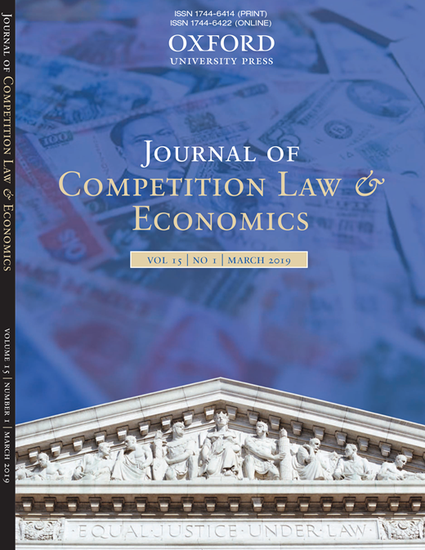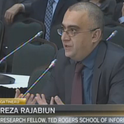
Article
Private Enforcement and Judicial Discretion in the Evolution of Antitrust in the United States
Journal of Competition Law and Economics
(2012)
Abstract
The role of private enforcers in the implementation of laws against anticompetitive practices remains a subject of considerable controversy. The economic approach to the analysis of crime and punishment suggests that private rights of action can complement the information and incentives of public agents in the identification and deterrence of costly market behavior. This article studies the complementarities between public and private enforcement mechanisms. Long-term data on case filings, administrative resources, and judicial outcomes from the United States reveal that mixed regimes allow for the specialization of tasks between public and private enforcers: competition authorities focus on the regulation of dominance, while private litigants tend to identify collusion in contractual relations. The analysis further documents how judicial discretion under the rule-of-reason approach to substantive interpretation limits the predictability and credibility of legal constraints against anticompetitive practices.
Keywords
- Private enforcement,
- antitrust law,
- per se rules,
- collusion
Disciplines
Publication Date
2012
Citation Information
Reza Rajabiun. "Private Enforcement and Judicial Discretion in the Evolution of Antitrust in the United States" Journal of Competition Law and Economics Vol. 8 Iss. 1 (2012) Available at: http://works.bepress.com/reza_rajabiun/7/
